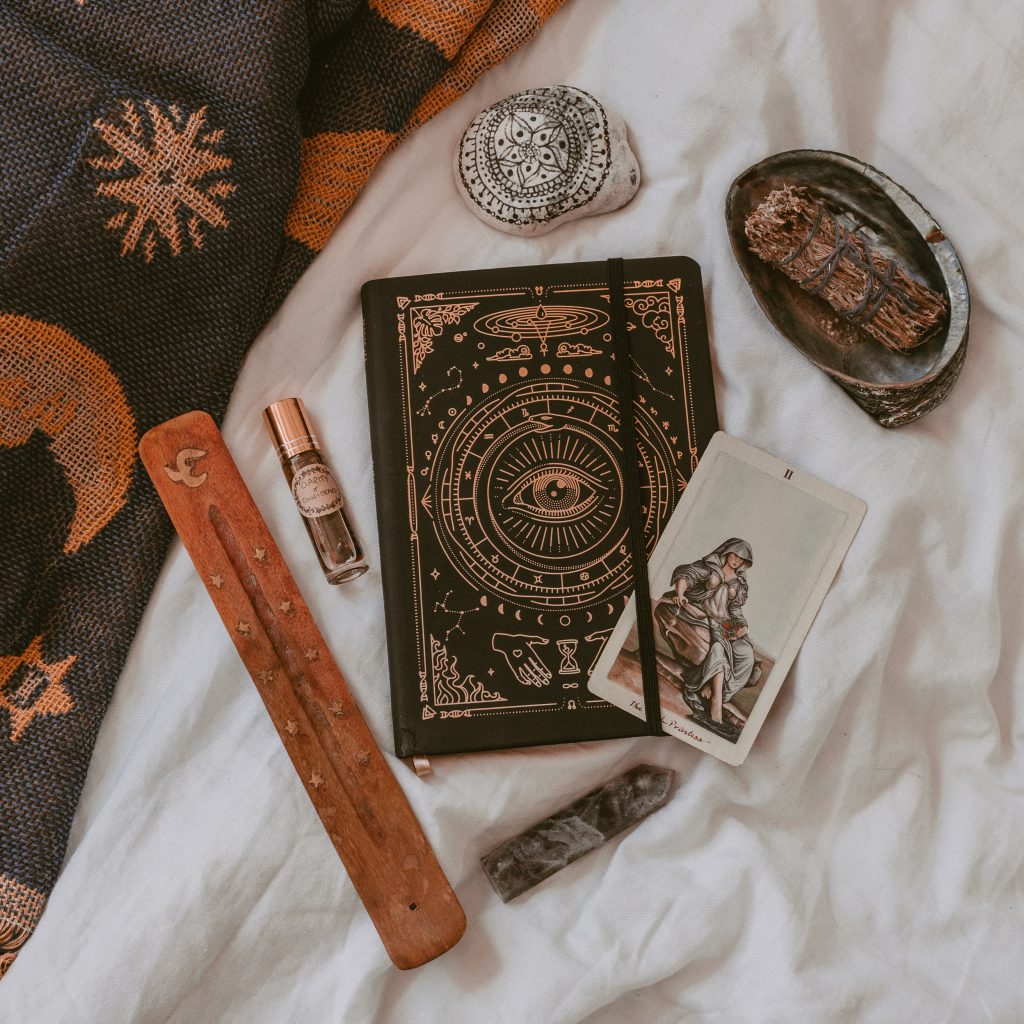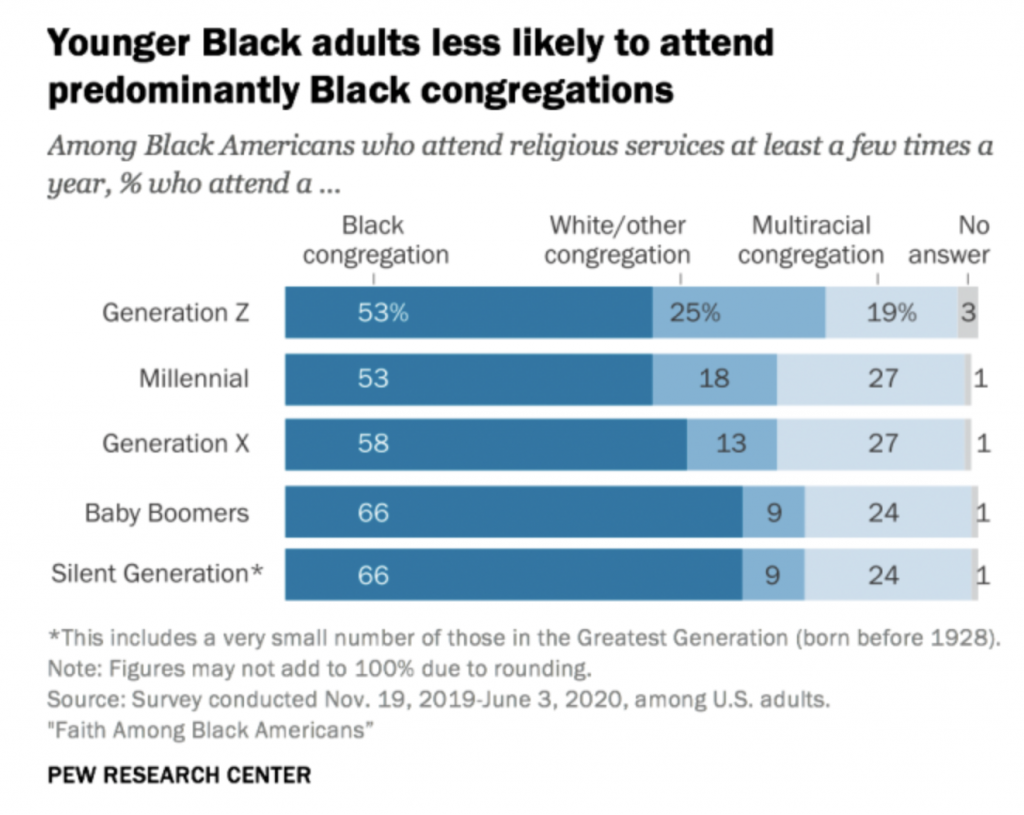How To Analyze the Pop Culture Trend of Tarot and Astrology?
As previously mentioned, roughly one in six people hold some new-age belief, such as astrology or reincarnation. The rise in popularity of reading tarot cards and horoscopes indicates how individuals choose to either think outside the norms of traditional religion or embrace new aspects of their current one.
The long history of non-Christian spiritual practices is gaining recognition in both pop culture and religious groups through the popularization of tarot and astrology through the media and entertainment industries. However, how has spirituality changed over the recent years, and how has it stayed the same?

What Attracts People Toward the Topic of Witchcraft?
People who practice spirituality and paganism give themselves the space to question the dogmatic beliefs of traditional religion and integrate new ideas to personalize one’s religious practice.
Jessica Roy from the LA Times notes how mainstream religion alienates people because of their attitudes toward the LGBTQ+ community and women. The article also highlights how spiritual practices can be easier to access because practicing paganism does not require sole devotion to a set of ideas like traditional religion often does. Because conventional religion is not necessarily fitting for many people, new-age spirituality in a technological age presents itself as a widely accessible alternative that they can study by themselves or with friends.
The flexibility that practicing paganism offers has also built communities online and in-person for people who share similar interests. Chris Miller, a Religious Studies Ph.D. candidate at the University of Waterloo, highlights the phenomena of Tik Tok on the spiritual movement during the Covid pandemic. The increase in Tik Tok popularity over the pandemic years contributes to many of today’s youth wanting to learn about witchcraft and spirituality in a more cost-effective and easy-to-digest manner. The 33.2 Billion videos on the #Witchtok subculture have created an online community filled with tips, tricks, and potential debates.
What are Some of the Roots and Misconceptions About Witchcraft?
Analyzing how the general population perceives spirituality is also crucial because it provides insight into how it interacts with the ideas and people outside the spiritual community.
Stephanie Long from Refinery29 highlights how black and brown women have reclaimed tarot and astrology as a form of self-healing. Long notes how these women have utilized the increasing popularity of witchcraft in social media to highlight their unique familial roots. Kijan Bloomfield, an Assistant Professor of Religious Studies at Rhode College, notes that going back to a tradition of tarot reading is essential for black women because we live in a largely anti-Black world that thrives on the erasure of Black culture. From this, Bloomfield thinks that “divination provides a powerful tool to ‘see’ and discern the answers to individual and communal problems that are personal and systemic.”
The article also mentions a study by the Pew Research Center, which notes that Black Americans center their lives around their religious services to build racial and civic solidarity among the Black community. In contrast, the survey reveals how younger Black Americans are not following this trend and are generally less religious.

Long’s recounting of spirituality from the African diaspora diversifies the spirituality conversation by adding the element of race as a topic of discussion. Likewise, the troubling media perception of tarot and divination hints at a long-standing societal system that enforces eurocentric patriarchal values. The popularity of witchcraft and spirituality on the internet is a good sign that people think beyond the binaries. However, there still lies a lot of prejudice against these new or revived ideas.
How Can People Destigmatize Tarot and Astrology?
The rising popularity of astrology and tarot also evokes a disgusted reaction from those who do not have those beliefs. Online comments questioning why people believe a random set of cards or what the stars say without the intention of learning from the experience sometimes aim to discredit these spiritual practices.
However, the origins of these spiritual practices have roots in various cultures, such as the African diasporic tradition. One way to destigmatize and normalize the practice of non-Christian religions is to support and follow people who emphasize taking spirituality with a grain of salt in their everyday lives.
Cortne Bonilla, a writer from allure, highlights 6 Black Spiritualists to follow. Mecca Woods, for example, works at the “intersection of self-care and social justice” to help others live a more empowered life. Another individual, Adama Sesay, provides solutions and actions in her tarot readings to foster a sense of personal growth among her clients.
In the end, people who regularly practice tarot or astrology do so for various reasons. The degree to which someone believes the readings vary, but the personal choice to practice tarot reading should not be dismissed because of another person’s prejudice.

